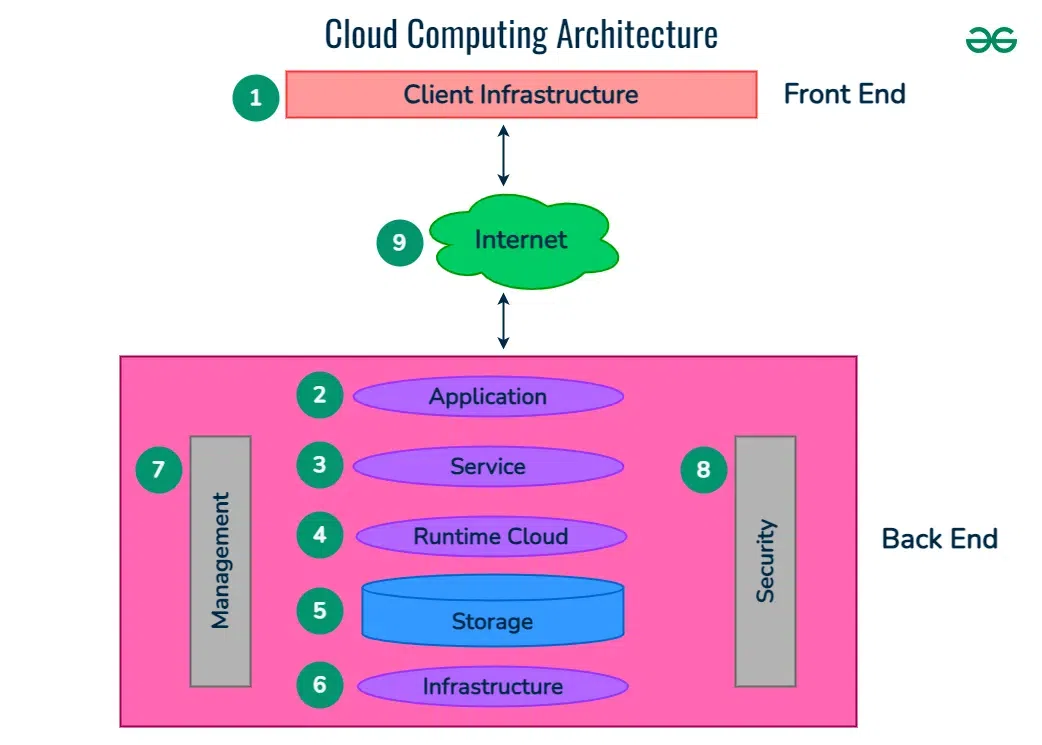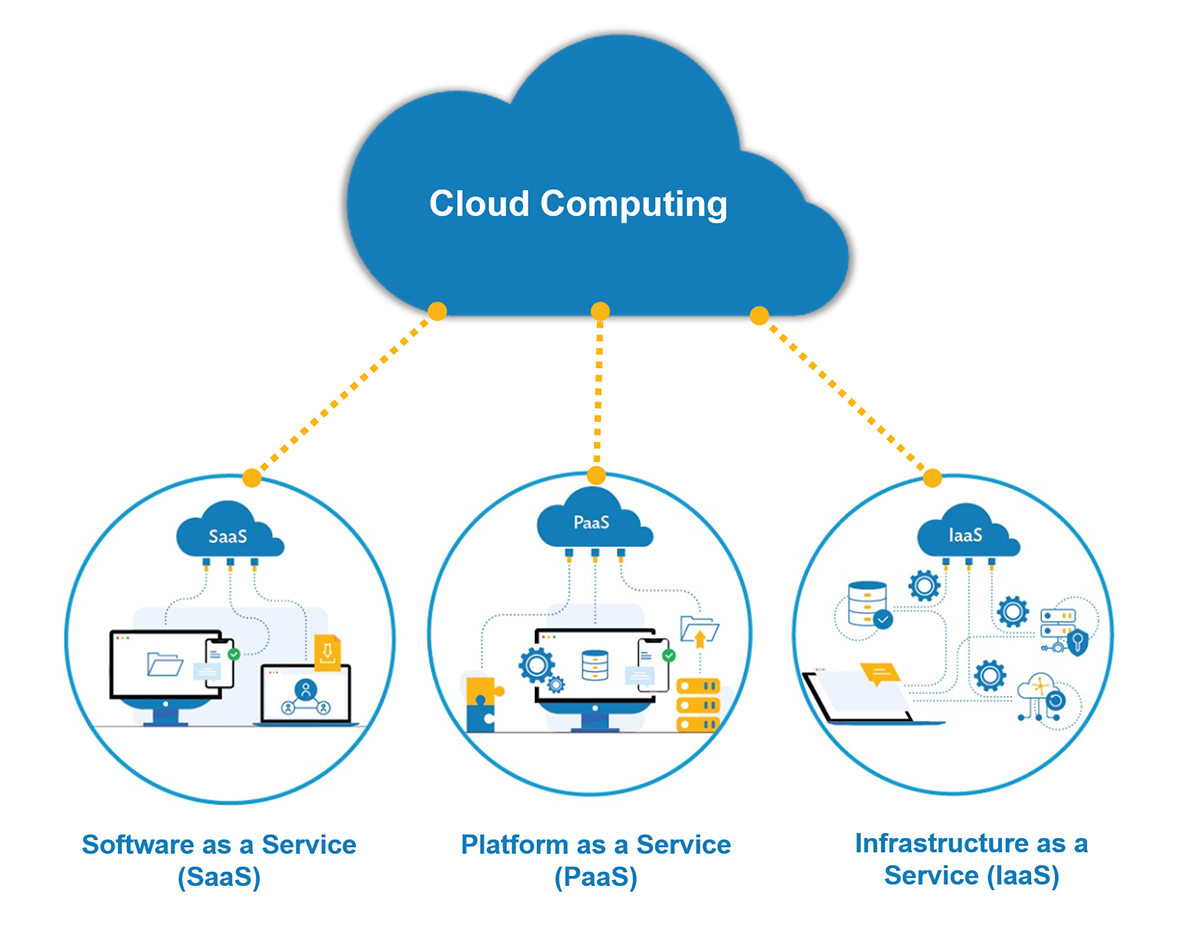Secure Your Information: Trusted Cloud Providers Explained
In a period where information violations and cyber hazards impend large, the need for robust information safety measures can not be overemphasized, specifically in the world of cloud solutions. The landscape of dependable cloud solutions is developing, with security techniques and multi-factor authentication standing as pillars in the fortification of sensitive details. Nevertheless, past these fundamental elements lie detailed techniques and sophisticated innovations that pave the method for an even much more safe cloud atmosphere. Comprehending these subtleties is not just a choice yet a necessity for individuals and companies seeking to navigate the digital realm with confidence and strength.
Relevance of Data Safety And Security in Cloud Solutions
Ensuring robust information safety measures within cloud services is vital in safeguarding sensitive info against possible hazards and unauthorized gain access to. With the raising dependence on cloud solutions for keeping and processing data, the requirement for stringent protection procedures has become extra critical than ever before. Data breaches and cyberattacks present significant dangers to companies, resulting in monetary losses, reputational damage, and lawful ramifications.
Applying solid authentication mechanisms, such as multi-factor authentication, can assist stop unauthorized access to cloud data. Regular security audits and vulnerability evaluations are additionally necessary to identify and deal with any powerlessness in the system immediately. Enlightening employees regarding finest practices for information safety and implementing strict gain access to control plans better boost the total protection position of cloud solutions.
Additionally, compliance with industry guidelines and standards, such as GDPR and HIPAA, is vital to make sure the security of sensitive data. File encryption methods, secure information transmission procedures, and data backup treatments play important functions in safeguarding information stored in the cloud. By focusing on data safety and security in cloud solutions, companies can develop and mitigate risks count on with their consumers.
File Encryption Strategies for Information Defense
Effective information security in cloud services depends greatly on the execution of robust file encryption strategies to secure sensitive information from unauthorized access and possible safety violations (universal cloud Service). File encryption includes converting information into a code to avoid unauthorized customers from reading it, ensuring that also if data is obstructed, it remains illegible.
Furthermore, Transportation Layer Safety (TLS) and Secure Sockets Layer (SSL) procedures are commonly employed to encrypt information throughout transportation between the individual and the cloud server, providing an extra layer of safety. Security key monitoring is crucial in keeping the integrity of encrypted data, guaranteeing that keys are safely kept and taken care of to stop unauthorized access. By applying strong security methods, cloud service companies can enhance data protection and infuse trust in their customers concerning the security of their details.

Multi-Factor Authentication for Improved Protection
Structure upon the structure of robust file encryption methods in cloud services, the implementation of Multi-Factor Verification (MFA) serves as an extra layer of safety to improve the defense of delicate information. This added safety measure is essential in today's digital landscape, where cyber threats are increasingly sophisticated. Executing MFA not just safeguards data yet additionally increases customer confidence in the cloud service company's commitment to information protection and personal privacy.
Information Back-up and Catastrophe Recuperation Solutions
Carrying out durable information backup and calamity healing options is imperative for guarding crucial details in cloud solutions. Data backup includes creating duplicates of data to ensure its availability in the occasion of data loss or corruption. Cloud services provide automated backup options that consistently conserve data to safeguard off-site servers, decreasing the threat of data loss as a result of hardware failures, cyber-attacks, or user mistakes. Catastrophe healing remedies concentrate on recovering data and IT framework after a turbulent occasion. These remedies consist of failover systems that automatically switch over to backup web servers, data replication for real-time backups, and healing strategies to decrease downtime.
Cloud provider commonly supply a variety of backup and catastrophe healing choices customized to meet different requirements. Services need to examine their data demands, healing time purposes, and budget plan restraints to pick the most appropriate services. Normal testing and upgrading of backup and calamity healing plans are necessary to ensure their performance in mitigating information loss and lessening disturbances. By implementing reliable information back-up and disaster recovery remedies, organizations can enhance their data safety position and preserve company connection when faced with unanticipated events.

Conformity Specifications for Information Personal Privacy
Provided the enhancing emphasis on information defense within cloud solutions, understanding and adhering to compliance requirements for data personal privacy is critical for organizations operating in today's electronic landscape. Compliance standards for data privacy incorporate a set of standards and regulations that organizations need to follow to guarantee the protection of delicate information saved in the cloud. These requirements are created to safeguard visit the website data against unapproved accessibility, breaches, and abuse, thereby promoting trust between services and their customers.
One of the most popular compliance requirements for information personal privacy is the General Data Security Regulation (GDPR), which relates to right here companies handling the individual information of people in the European Union. GDPR mandates stringent needs for data collection, storage, and handling, imposing substantial fines on non-compliant businesses.
Additionally, the Medical Insurance Portability and Liability Act (HIPAA) establishes criteria for securing sensitive person health information. Complying with these conformity requirements not only helps organizations prevent legal consequences however additionally shows a dedication to data personal privacy and safety, enhancing their online reputation amongst customers and stakeholders.
Conclusion
Finally, making certain information safety and security in cloud services is extremely important to safeguarding delicate details from cyber risks. By executing robust encryption techniques, multi-factor authentication, and reliable information backup solutions, organizations can reduce dangers of data breaches and maintain conformity with information personal privacy requirements. Sticking to ideal techniques in data protection not only safeguards useful details yet likewise promotes depend on with stakeholders and clients.
In a period where information violations and cyber hazards impend large, the need for robust data safety actions can not be overemphasized, specifically in the world of cloud services. Executing MFA not only safeguards information however likewise boosts customer confidence in the cloud solution company's dedication to information safety and personal privacy.
Information backup includes producing copies of information to here are the findings guarantee its availability in the event of data loss or corruption. linkdaddy cloud services. Cloud solutions offer automated back-up alternatives that frequently save data to safeguard off-site servers, decreasing the danger of information loss due to equipment failings, cyber-attacks, or customer mistakes. By carrying out durable encryption strategies, multi-factor verification, and reliable data backup solutions, organizations can reduce dangers of data violations and maintain conformity with data privacy requirements